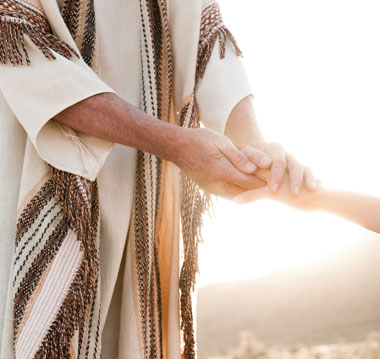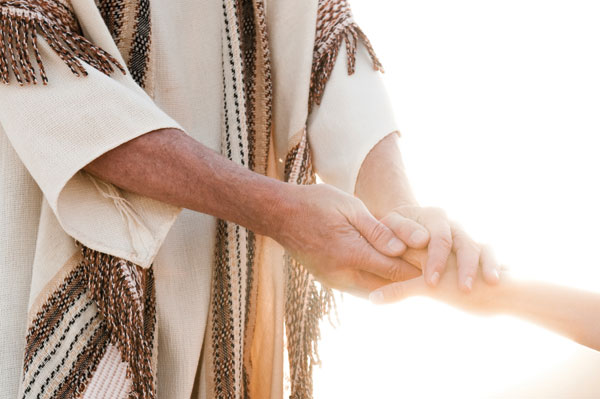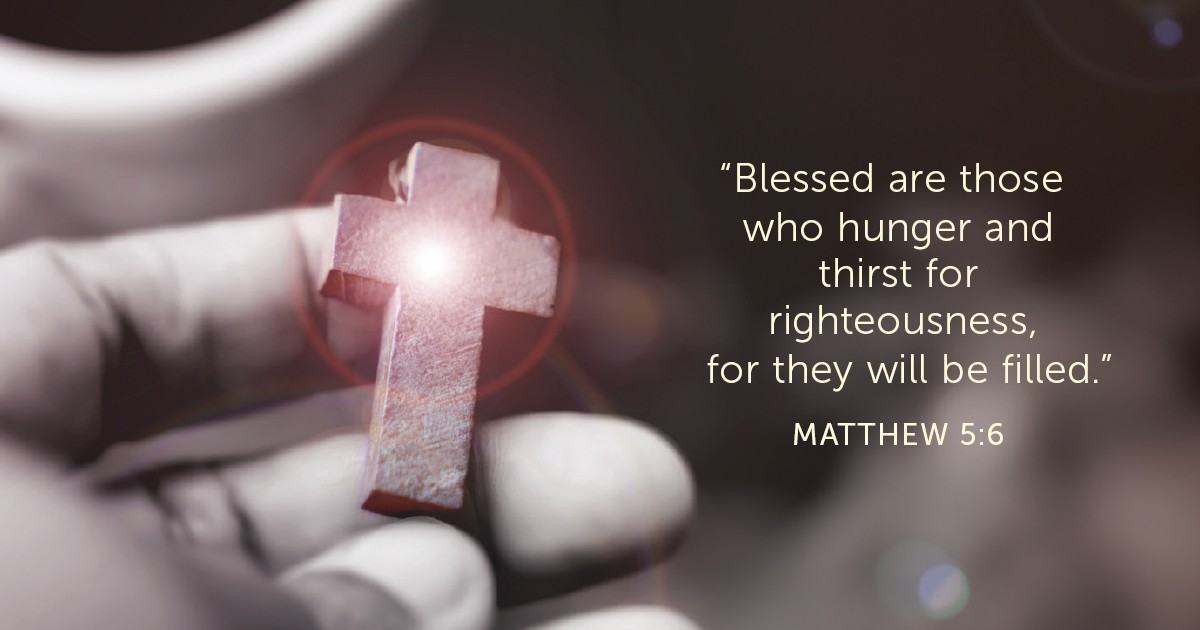
Linking holiness and sacraments would seem to be a contradiction in Salvation Army thinking and practice. The doctrine of holiness is a foundation stone of The Salvation Army's theology. Sacramental worship, particularly the use of bread, wine and water, are rites carried out in other church traditions. Can the two be brought together in one idea?
As a young Salvationist I can remember being taught that The Salvation Army was a non-sacramental church. The emphasis was on an Army that was a practical and pragmatic holiness Movement. The life that was totally and completely committed to God was the focus of its holiness teaching. The constant encouragement to be like Jesus was parallelled with the call to duty and service. The Salvation Army was a mission that was not going to be caught up with the “trappings” of church.
Although I still agree with this emphasis, what I couldn't see then and what I have now come to realize is that The Salvation Army has captured the essence of sacramental worship within the heart of its holiness doctrine. The call to an intimate personal relationship with Jesus Christ is also the call to display outwardly the love and the nature of the one who now dwells within. This is the truth that brings holiness and the sacramental life together.
The Sacramental Life
The meaning behind the word sacrament as used in most church traditions is that of a rite in which the activity of God is evident and real. Participation in the Eucharist, for example, is meant to indicate the inner grace of God through the visible signs of the bread and wine.
When Jesus reclined with his disciples at the meal that is now called the Last Supper, he was meeting with friends. Throughout the three years of being together, Jesus had dramatically affected the lives of the disciples. Now he prepares them for the future by asking them to remember him. “Remember who I am and what I have done” was the challenge of Jesus during this final meal together.
And the disciples did, not by instituting rites or rituals, but by the total commitment of the rest of their lives to Jesus. They proclaimed his gospel to the “ends of the earth” (see Acts 1:8) and all of them were to suffer as a result. But they remembered Jesus in the most profound way possible—by their lives and actions.
This whole-of-life expectation was emphasized during Peter's encounter with Jesus in the days following his passion and Resurrection (see John 21:15-19). In the first conversation that Jesus had with Peter after Peter's denial of his Lord (see John 18), Jesus asks, “'Simon, son of John, do you truly love me more than these?'” Peter's answer to this question was immediate, “'Yes, Lord, you know that I love you.'”
But Jesus was not yet finished with Peter. He asks him the same question, not just once more, but twice more. “'Do you love me more than these?'” Was Jesus repeating the question because Peter had denied him three times or was Jesus emphasizing something very important? For the Jews the repetition of something gave it increased importance. For example, in Isaiah 6:3 and in Revelation 4:8 we read that God was not just “holy” or even “holy, holy”; God was “holy, holy, holy, the Lord God Almighty.” Three times reveals the ultimate importance of the statement.
When Jesus asked Peter three times, he was not asking him to be an acquaintance, or even just a friend. He was asking Peter to love him with the absolute unconditional love that we see between a father and a son (see John 1:12-13). And Peter's response for the third time, “Lord, you know that I love you,” secures a relationship that was to see Peter become the leader of the Early Church.
The Power of Relationship
We cannot underestimate the power of relationship, especially relationships founded on love. In a recent tragedy in my country a young father jumped from a wharf into rough treacherous water to save his two small boys from drowning. The father ignored the danger and the impossibility of saving his children. He jumped into the water regardless, and both he and his boys were drowned. Why did he do it? At the heart of this father's instinct was the most powerful experience that the human being knows, the power of a relationship that is founded on love.
This love relationship was the power behind the events of the Last Supper; this love relationship was the power that made Jesus' encounter with Peter so significant. It is nothing less than the power of this love relationship that is at the heart of holiness and results in the sacramental life—the life lived as the outward evidence of God's relationship with us.
All too often in the Army we have talked about holiness as things we should do or shouldn't do, or about how we get holiness and what we need to do to stay holy. The same sort of thinking has occurred in other church traditions when rites and rituals have been used to remember Jesus. But the heart of holiness and the sacramental life is a relationship with Jesus Christ that results in our wanting to be like him in every way—in our actions, in our thinking, in our living. Holiness is our relationship with Jesus that is sealed through the indwelling of the Spirit of Jesus, the Holy Spirit, and is then evident to all around us. Can there be a more powerful sacrament?
The Salvation Army as a Sacramental Church
Rather than being a non-sacramental church, I believe that The Salvation Army is a fully sacramental church because it takes Jesus' call to remember him in a literal and pragmatic way. The whole of the Salvationist's life is sacramental because we ourselves have become the outward sign of the inner grace. Instead of a symbolic ritual, Salvationists are called to be the outward sign of the inner presence of Jesus. “My life must be Christ's broken bread, my love his outpoured wine,” wrote General Albert Orsborn.
This desire, even expectation, for the Salvationist is not an arrogant one, nor does it hint of idealism. It is real because it is the outcome of our personal relationship with Jesus himself and makes holiness a reality in the Christian life.
Although I believe that The Salvation Army has rightly put aside the physical elements of sacramental worship (bread, wine and water), we have embraced within our lives of holiness the meaning of sacrament so that we ourselves become the visible sign of the inner grace of God's presence in our lives. I now believe The Salvation Army to be as sacramental as any church tradition. The transformation that Christ brings about in our lives through his indwelling Spirit shows itself in the actions and attitudes of our holy living. We are the outward sign of his wonderful and miraculous indwelling grace within our lives.
Lt-Colonel Philip Cairns is a member of the International Doctrine Council and is the divisional commander of the Australia Capital Territory and South New South Wales Division in the Australia Eastern Territory. This article originally appeared in the March/April 2012 issue of The Officer and is used with permission.










There is only one reason that The Salvation Army does not celebrate Baptism and communion. William Booth did not want it celebrated. Booth originally started The Salvation Army as a mission, not a church, in the bad sections of London, where it would be difficult to carry out the rituals. Although it eventually evolved into a church, the tenets of the mission were never changed.